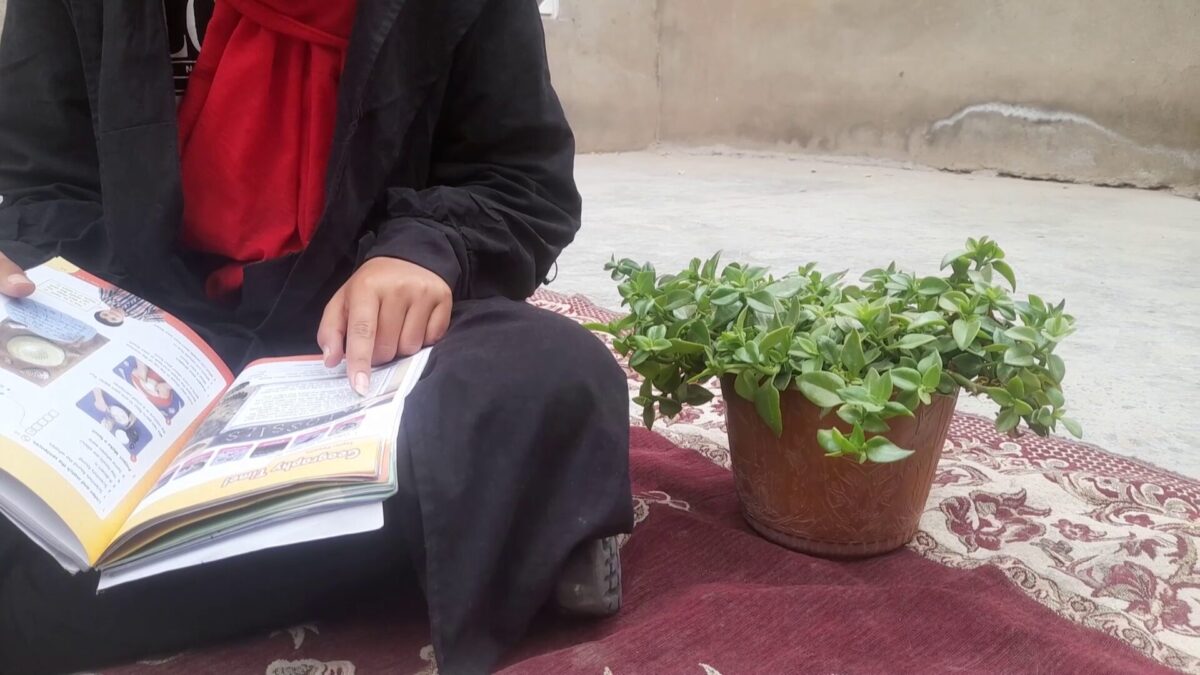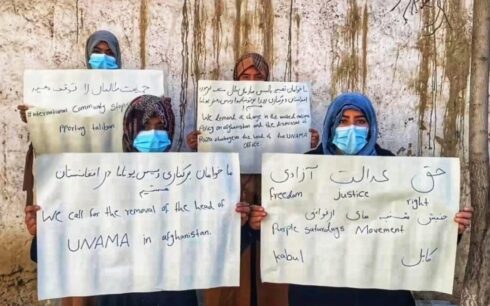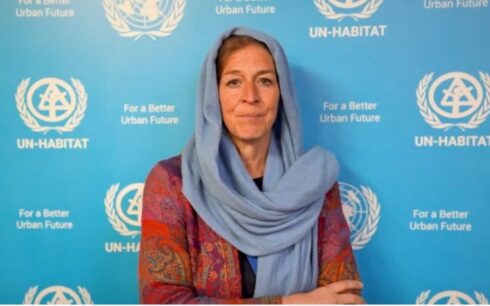As the Taliban’s ban on education persists, some female students are turning to madrassas, though they emphasize that these religious schools cannot replace formal education.
Zarghuna Ahmadzai, a student in Kabul, said she was in the 11th grade when schools were shuttered.
Now, she has joined a religious school, marking a shift on Wednesday, March 20, the first day of the academic year.
“I haven’t been to school for three years. I was depressed and sad. This year, I decided to attend a religious school, but a religious school can never take the place of a school,” she said.
She urged the international community to intervene to reopen girls’ schools in Afghanistan.
“I appeal to the United Nations to make a decision about Afghan girls because most of them are depressed and suffering from psychological problems. If the schools remain closed, the situation will deteriorate further, and Afghan women will vanish,” Ahmadzai added.
Meanwhile, girls excluded from formal education are pleading for the immediate reopening of their schools.
“When the Taliban took control, I was in the seventh grade. I haven’t attended school since that day, which greatly concerns me,” said Dunya Raha, another student from a religious school.
According to the latest report by the Secretary-General of the United Nations, the number of madrassas in Afghanistan has seen a rise. The report states there are more than 7,000 madrassas across the country.
The United Nations has noted that in the past three months alone, the Taliban have established seven schools for girls, bringing the total to 6,836 schools for boys and 380 for girls.





